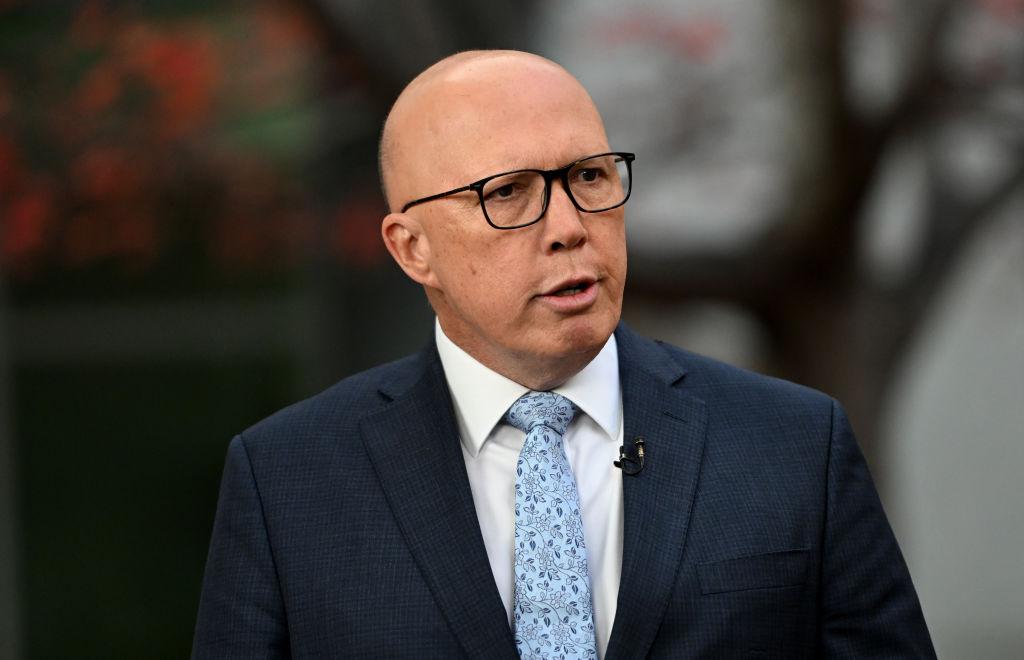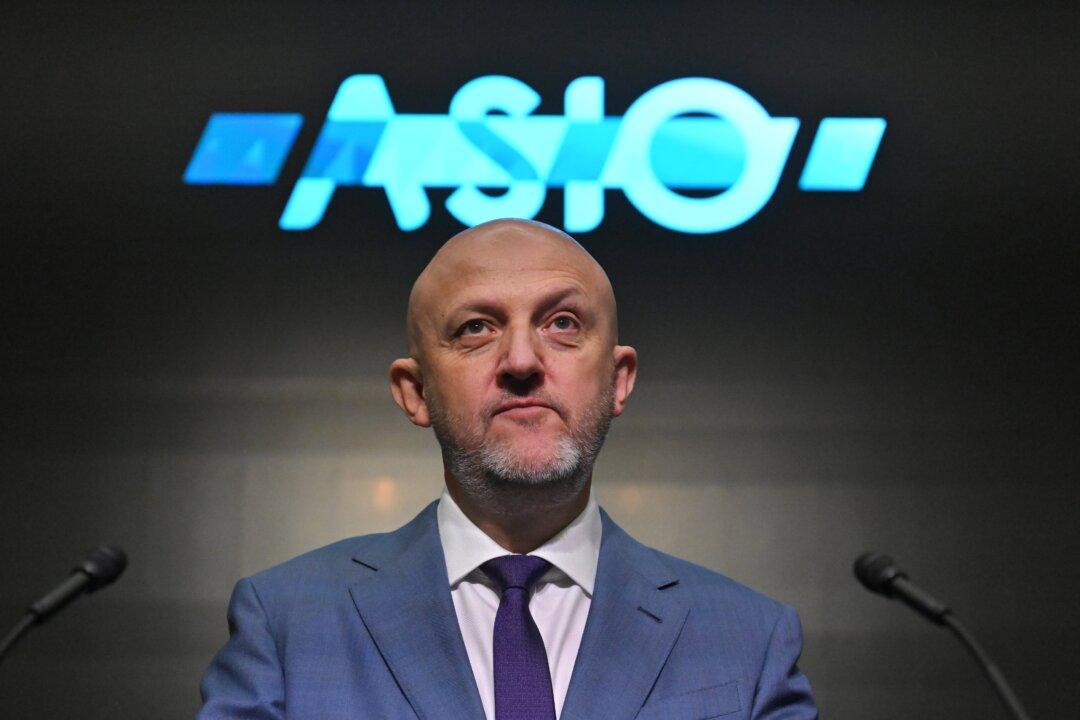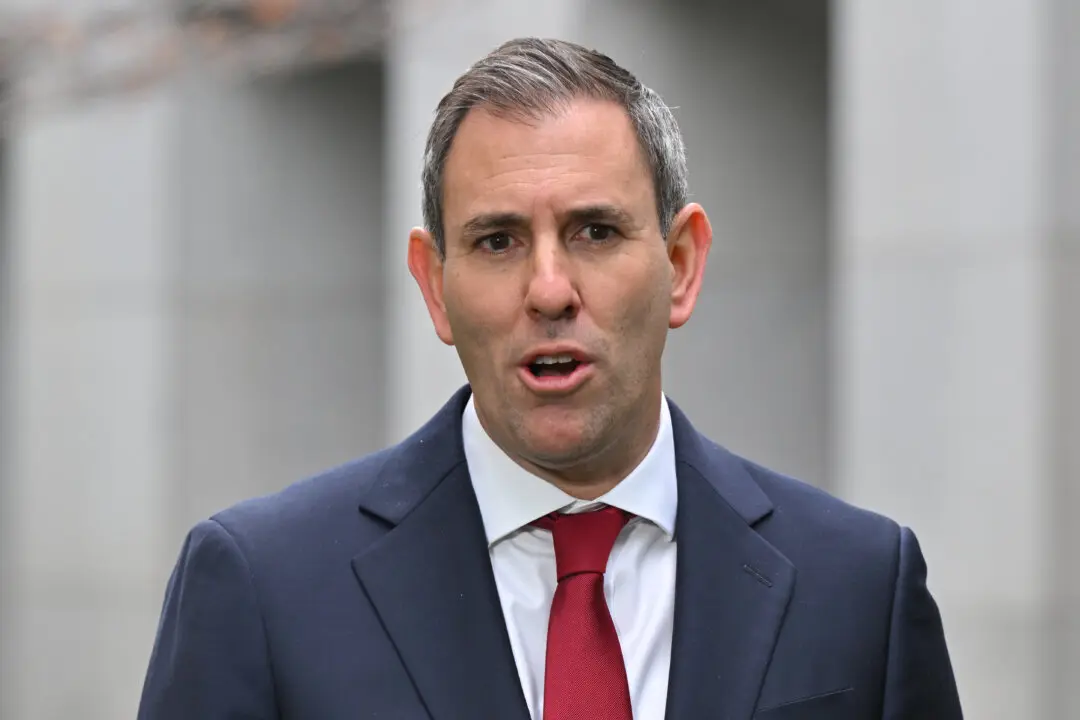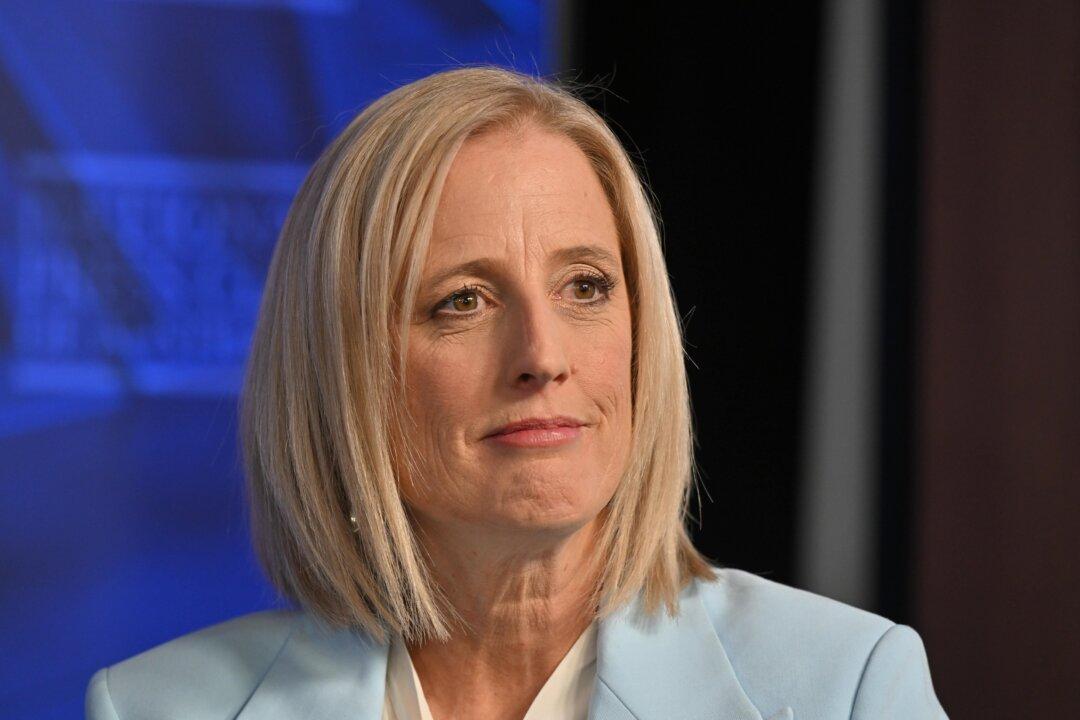Opposition Leader Peter Dutton said the struggling manufacturing and mining sectors, the steep increase in electricity prices, and the mismanagement of the CFMEU were contributing to poor economic growth in Australia.
On Sept. 5, Dutton spoke in Horsham Park, Sydney, about the latest weak gross domestic product (GDP) numbers.





